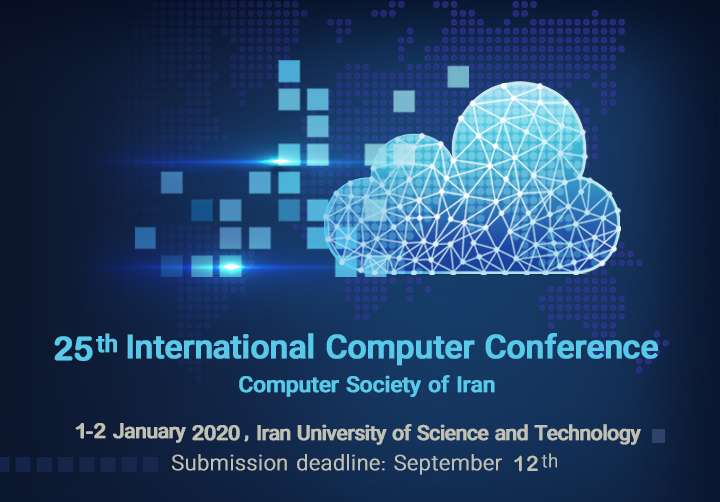

❮
❯
Network Research Group was founded in 2010 by Dr. Ahmad Akbari. Network technologies play an important key role in the future. So the focus of this group on researching on emerging network technologies such as Software Defined Network (SDN), Network Virtualization Function (NFV), Internet of things (IoT), 5G and Network Slicing (NS). Also, thanks to Artificial Intelligence (AI), we can a better decision about typical network problems such as load balancing, scaling NFs, anomaly detection in the network, etc.